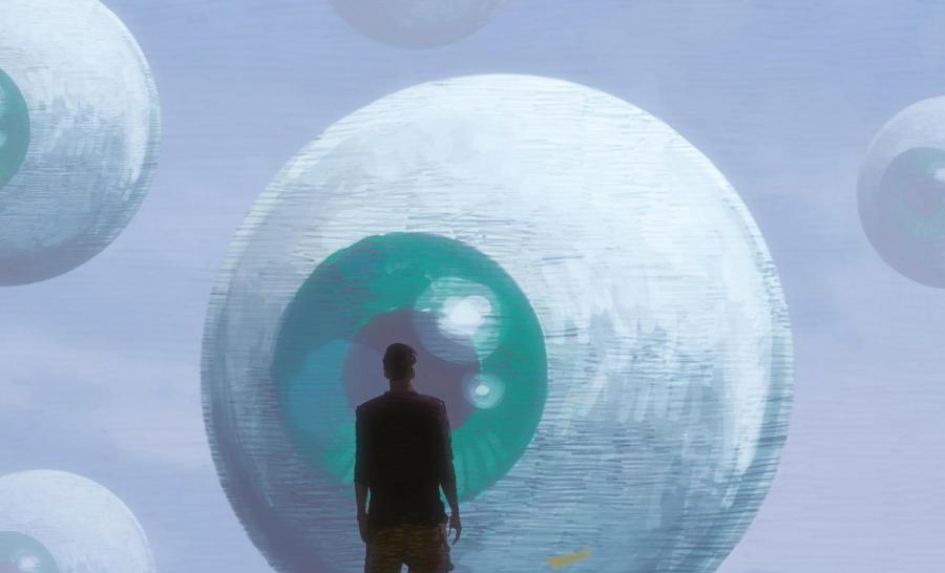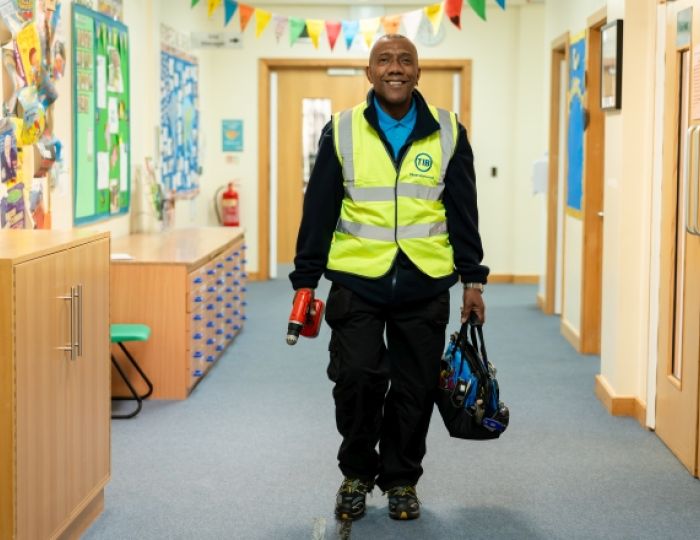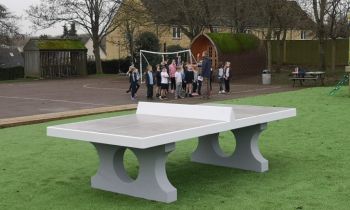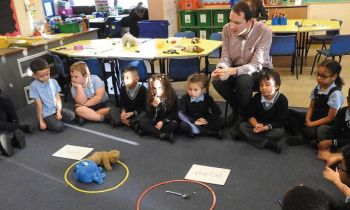I’ve deliberately not titled this piece ‘Lesson Observations’ – the reasons will become crystal clear!
I love visiting lessons. It’s a delight and a privilege and I’ve been lucky enough to have visited well over 10,000 as an inspector and consultant to schools (OK, that’s not terribly accurate, as I lost count a long time ago!). I’ve learned an awful lot about the process, as a result.
I’ve both observed and graded lessons in the past. I’ve done it on my own and fed back the mandatory three stars and a wish to teachers. I’ve seen joy prompted by a good grade and the devastation I caused by a poor one and I’m sorry!
Fifteen years ago, I thought I was doing right, as it was all there was at the time. I did my very best and I was glass half-full, but I knew the process was wrong.
Ofsted
About 10 years ago, Ofsted introduced joint lesson observations. I was leading inspections then and it changed my thinking completely. I had someone else to talk with and observing began to be a visit. I still had to grade the quality of teaching seen. But at least I had someone off whom I could bounce ideas.
However, I realised I could go further. What if several people were in the classroom and they all talked, quietly, but with intent to learn, about the learning and teaching? Talk for Teaching was born.
Inclusive
At this stage, I and the people who worked with me, still fed back at the end of the day. No grades, but it was obvious what we felt from our feedback. However, it was far less threatening overall and much more inclusive.
I remember clearly a TA, feeding back to a teacher she’d visited as part of a Talk for Teaching group. She told me beforehand that she’d just be quiet, as she could never feed back to a teacher.
You should have heard her concise, evidenced feedback. She was just brilliant! Everyone’s views on T&L are important. The power imbalance with observation often impedes our learning.
Soon after that, I stopped the feedback. It’s not needed. Everyone, from headteacher, to teacher, to LSA, to parent, to governor and even to pupil (yes, pupils have been involved in Talk for Teaching) learns what they learn.
It’s highly individualised and the teacher joins in discussions in their own class. Hugely useful.
I don’t feel observations are any use. They are compromised because every single observation, no matter what the skills of the observer, are skewed by:
1. The criteria invented by the observers, often around what they want to see.
2. Every observer carries the baggage of their experience.
3. Teachers are under pressure and don’t perform as normal.
In addition, when I ask a HT where the good teachers are and where are those that need support, they always know. So why observe and, especially, why grade? It’s often inertia, or a fear that heads won’t be able to show the quality of teaching in their school. A vicious circle. Observing to produce data.
Instead, visit classes, always with some other colleagues and everyone in the room, including the kids, will learn. Their learning will be enhanced by seeing you learning, not interrupted.
Don’t ‘observe’, visit, with other reflectors (not observers), to learn from what you see the spark (not the teacher) and their pupils doing. You really will all learn!
Paul Garvey, Education Consultant and owner of QA South-West.










